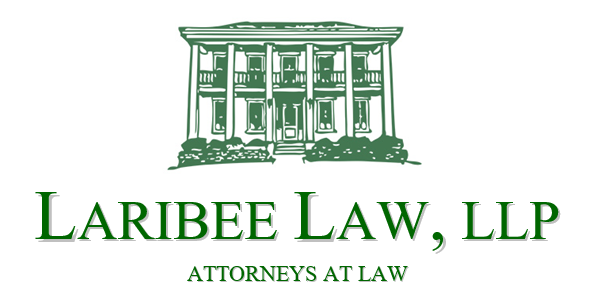Understanding Trusts: A Guide From an Estate Planning Lawyer
Michael L. Laribee, Esq.

Navigating the complexities of estate planning can feel overwhelming, but understanding the tools available is the first step toward securing your family’s future. Many people in our community assume that a simple will is sufficient, but for those with specific goals—like avoiding probate, protecting assets, or providing for a loved one with special needs—a trust is an incredibly powerful instrument. As an experienced estate planning lawyer in Medina, OH, I often guide clients through the process of determining if a trust is right for their unique situation and which type best aligns with their wishes. This guide will break down the essentials of trusts, demystifying their purpose and illustrating their profound benefits for Ohio residents.
What Exactly is a Trust?
At its core, a trust is a fiduciary arrangement that allows a third party, known as a trustee, to hold and manage assets on behalf of one or more beneficiaries. You, the person creating the trust, are known as the grantor or settlor. You transfer ownership of your chosen assets—such as real estate, investments, or bank accounts—into the trust. The trustee you appoint is then legally obligated to manage those assets according to the precise rules you outline in the trust document for the benefit of your chosen heirs. This creates a structured, private, and often more efficient way to distribute your wealth than relying solely on a will, which must go through the public probate process. Consulting with an estate planning lawyer is crucial to ensure this document is drafted correctly and reflects your exact intentions, preventing future disputes or confusion.
Key Types of Trusts: Revocable vs. Irrevocable
Understanding the difference between the two main categories of trusts is fundamental to effective planning from an estate planning lawyer in Medina, OH:
- Revocable Living Trusts: This is one of the most common trusts used in estate planning. As the name implies, a revocable trust can be altered, amended, or completely revoked by the grantor at any time during their lifetime. This flexibility allows you to maintain full control over the assets placed within the trust. The primary benefit of a revocable trust is that it avoids probate. Trust assets can be distributed to your beneficiaries immediately upon your passing without court intervention.
- Irrevocable Trusts: Once established, an irrevocable trust generally cannot be changed or terminated without the permission of the beneficiaries. By transferring assets into this type of trust, you relinquish ownership and control. This might sound like a drawback, but it is the very feature that creates significant benefits. Because you no longer legally own the assets, they are typically shielded from creditors and are not considered part of your taxable estate. This can lead to substantial estate tax savings for larger estates. An estate planning lawyer can help you determine if the powerful protections of an irrevocable trust align with your long-term asset preservation goals.

How Trusts Provide Robust Asset Protection
A primary reason families establish trusts is to protect their hard-earned assets. A properly drafted trust can shield your wealth from potential future creditors, lawsuits, or even a beneficiary’s divorce. For instance, an irrevocable trust can safeguard assets from being claimed to satisfy your personal debts. Furthermore, trusts offer unparalleled control over how and when your beneficiaries receive their inheritance. You can dictate that assets be distributed at specific ages, used only for certain purposes like education or healthcare, or managed for a beneficiary who may not be financially responsible. This prevents a lump-sum inheritance from being squandered and ensures your resources provide long-term support. This level of precise direction is a key reason to work with a dedicated estate planning lawyer.
Ohio Trusts and Tax Implications
Tax considerations are a critical component of trust planning. While Ohio repealed its state estate tax, the federal estate tax still applies to very large estates. Irrevocable trusts are a common strategy to reduce the value of your taxable estate, as assets transferred into them are no longer considered yours. However, trusts are separate tax entities, and different types of income generated by trust assets (e.g., interest, dividends) can be taxed at the trust level or passed through to beneficiaries. The rules are complex and depend on the trust's structure. Navigating these intricacies requires professional guidance to ensure you achieve your desired tax outcomes without unintended consequences.
Is a Trust Right for Your Family?
Determining whether a trust fits into your estate plan depends on your individual assets, family dynamics, and personal goals. If you own real estate, have minor children, are concerned about probate costs and delays, or simply want to ensure your wishes are followed without question, a trust is likely a wise investment. It provides peace of mind that your legacy is protected and your loved ones are provided for in the most efficient way possible.
Contact us today to schedule a consultation and discuss how we can help you build a secure future for your family.

